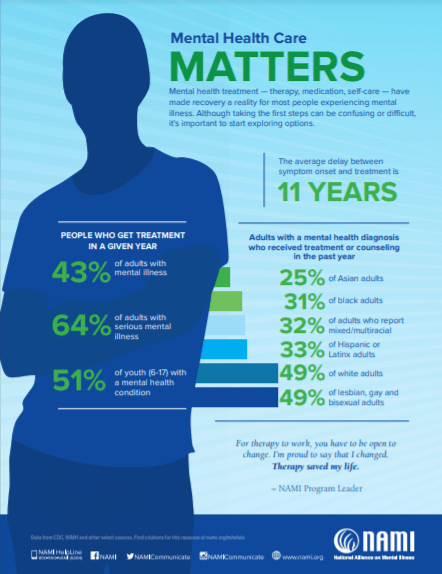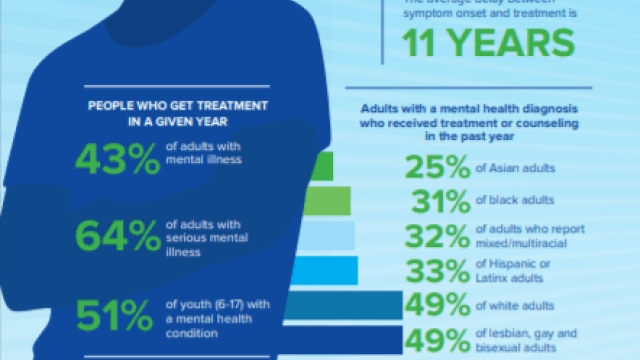Mental health, often brushed aside or kept hidden behind closed doors, is a topic that deserves our utmost attention and understanding. Breaking free from the chains of stigma, we have the power to create a safe space for empowering conversations on mental health. With each passing day, more individuals are reaching out for support, shedding light on the importance of mental well-being in our lives.
In this article, we delve into the intricacies of mental health care, an essential branch of medicine that focuses on treating and supporting individuals facing various mental health challenges. From anxiety to depression, and everything in between, mental health care encompasses a wide range of conditions. By understanding the significance of professional therapy trainings, we can equip medical professionals with the necessary tools to tackle these conditions head-on. Together, let’s embark on a journey of knowledge and empathy as we explore the world of mental health care and the transformative power of therapy trainings.
The Importance of Mental Health Care
Mental health care plays a vital role in ensuring overall well-being and quality of life. It encompasses a range of practices and therapies aimed at supporting and improving mental health. With increasing awareness and understanding of mental health issues, the importance of mental health care has become more prominent in today’s society.
First and foremost, mental health care provides individuals with the necessary tools and strategies to manage and cope with various mental health challenges. Through therapy sessions, individuals can gain insight into their emotions, thoughts, and behaviors, empowering them to make positive changes in their lives. These interventions can help address conditions such as anxiety and depression, enabling individuals to lead more fulfilling and balanced lives.
Furthermore, mental health care also plays a crucial role in preventive efforts. By promoting early detection and intervention, mental health care can reduce the risk of more severe mental health conditions developing over time. Regular therapy sessions and check-ins allow individuals to monitor their mental well-being, identify potential issues early on, and seek appropriate support and treatment promptly.
Lastly, mental health care fosters a supportive and non-judgmental environment for individuals to express their emotions and experiences. The therapy setting provides a safe space for individuals to share their concerns and challenges without fear of stigma or discrimination. This open and empathetic dialogue, facilitated by mental health professionals, can help break down the barriers surrounding mental health and promote understanding and compassion within society.
In conclusion, mental health care is essential for maintaining and improving overall mental well-being. It equips individuals with coping mechanisms, detects potential issues early on, and encourages an open and supportive dialogue. By recognizing the importance of mental health care, we can actively work towards breaking the stigma surrounding mental health and empower conversations that promote better mental health for all.
Benefits of Therapy Trainings
Therapy trainings offer various benefits for individuals seeking mental health care. Here are three key advantages:
-
Enhanced Understanding and Skill Development: Therapy trainings provide participants with a comprehensive understanding of mental health and various therapeutic approaches. Through these trainings, individuals can develop essential skills such as active listening, empathy, and effective communication, which are crucial for building strong therapeutic relationships with clients.
-
Improved Self-Awareness and Personal Growth: Engaging in therapy trainings can lead to a deeper level of self-awareness. By exploring personal beliefs, biases, and experiences, therapists-in-training gain a better understanding of themselves, which ultimately enhances their ability to support others. Furthermore, the professional guidance received during these trainings facilitates personal growth and fosters a greater sense of self-confidence.
-
Ethical and Effective Practice: Therapy trainings emphasize the importance of ethical conduct and the application of evidence-based practices. Participants learn about ethical guidelines and legal considerations, ensuring they provide safe and responsible therapy to their clients. By staying up-to-date with the latest research and techniques, therapists-in-training can offer effective interventions, leading to positive outcomes for individuals seeking mental health support.

In conclusion, therapy trainings provide a range of benefits, including enhanced understanding and skill development, improved self-awareness and personal growth, and the promotion of ethical and effective therapeutic practice. These advantages contribute to the overall quality of mental health care and the empowerment of both therapists and their clients.
Promoting Positive Change
In order to promote positive change in the realm of mental health, it is crucial to prioritize mental health care and therapy trainings. By recognizing the importance of these elements, we can create a more supportive and inclusive society.
Mental health care plays a vital role in breaking the stigma surrounding mental health. When individuals have access to quality care, it not only improves their well-being but also fosters understanding and acceptance from others. It is essential to prioritize mental health care at all levels, from healthcare systems to community initiatives, in order to create a culture that values mental well-being.
Additionally, therapy trainings are key to empowering conversations on mental health. Educating mental health professionals and equipping them with the necessary tools and skills enables them to provide effective support to individuals struggling with mental health issues. By investing in training programs and ensuring continuous professional development, we can ensure that therapists are prepared to address the diverse needs of their clients.
Promoting positive change in mental health involves a collective effort. It requires engaging not only healthcare professionals and therapists but also communities, schools, workplaces, and governments. By destigmatizing mental health and prioritizing mental health care and therapy trainings, we can create an environment where individuals feel empowered to seek help and have access to appropriate support systems.


